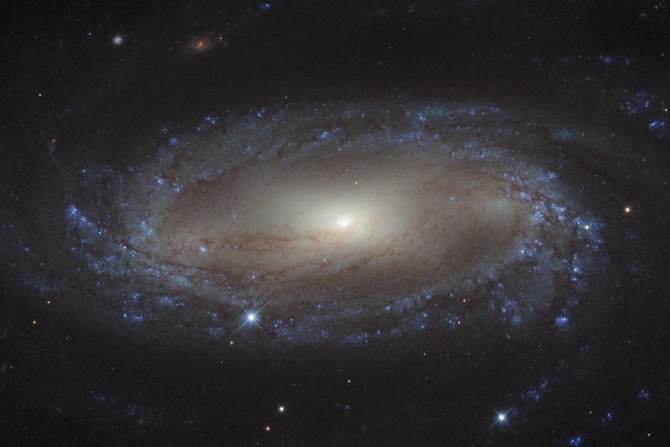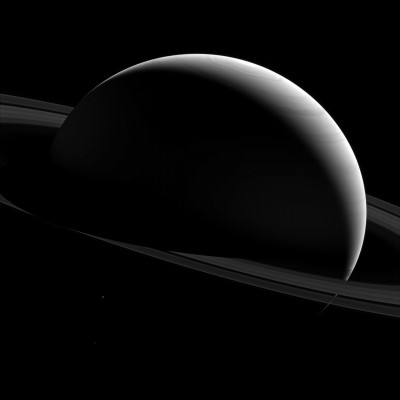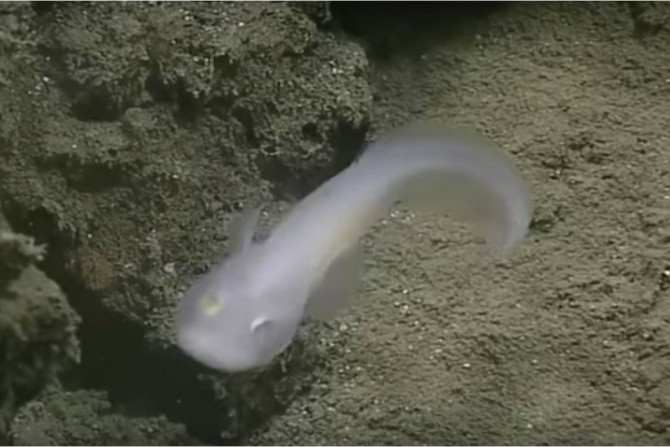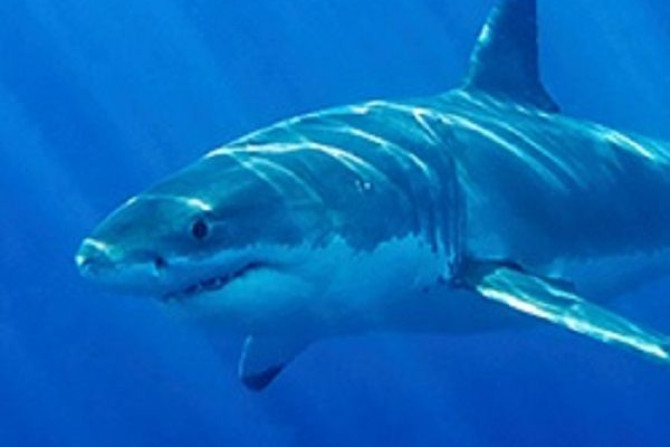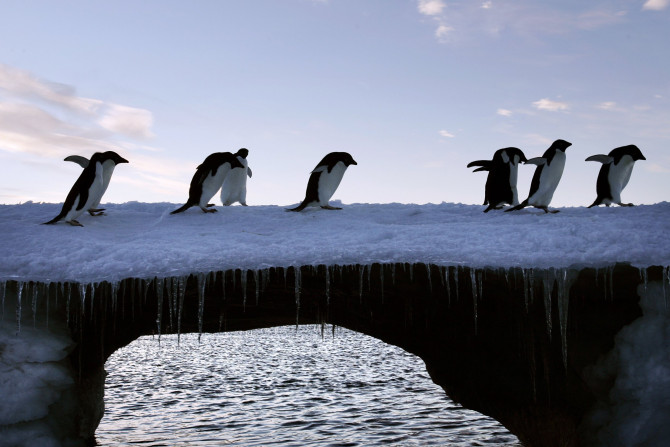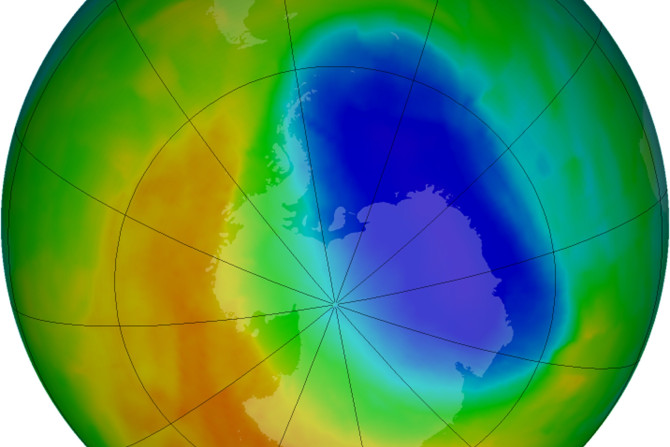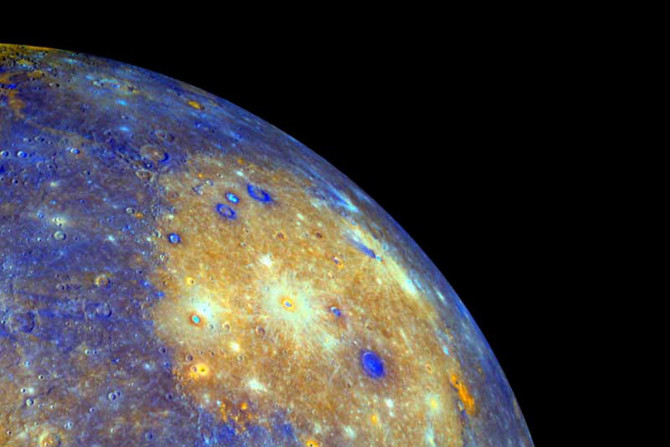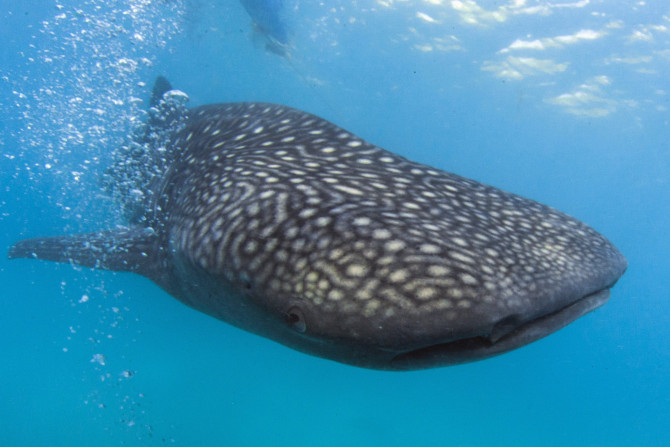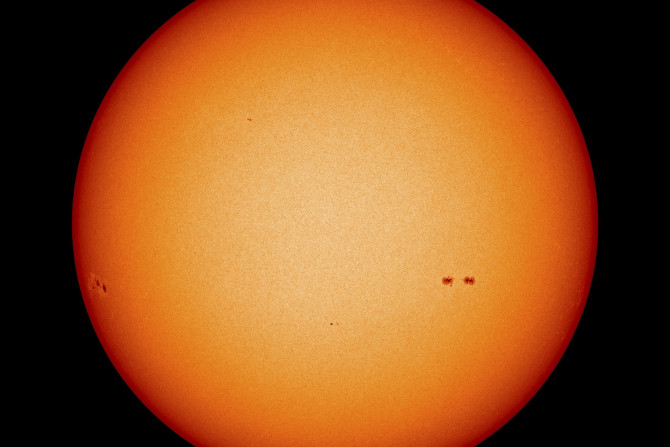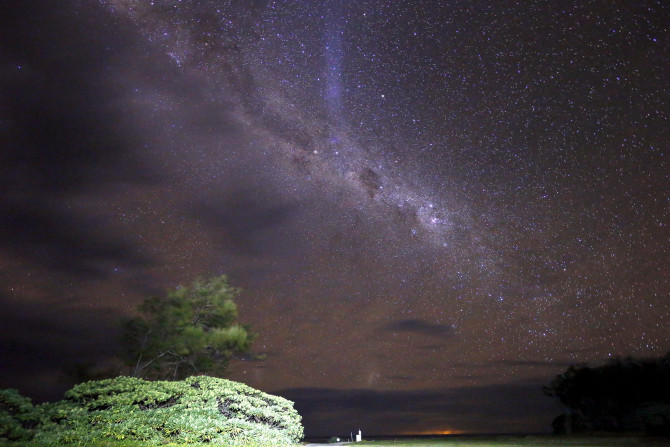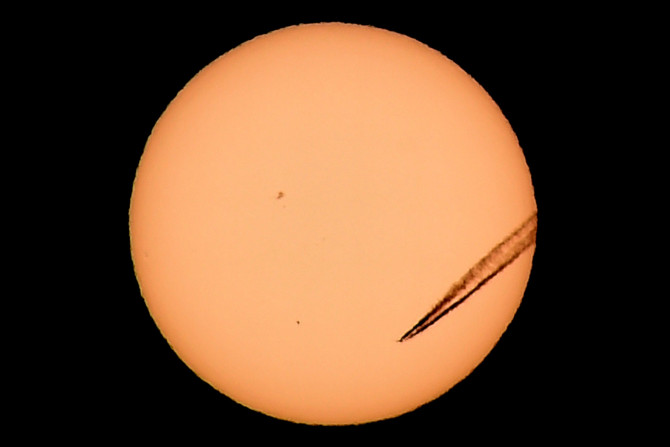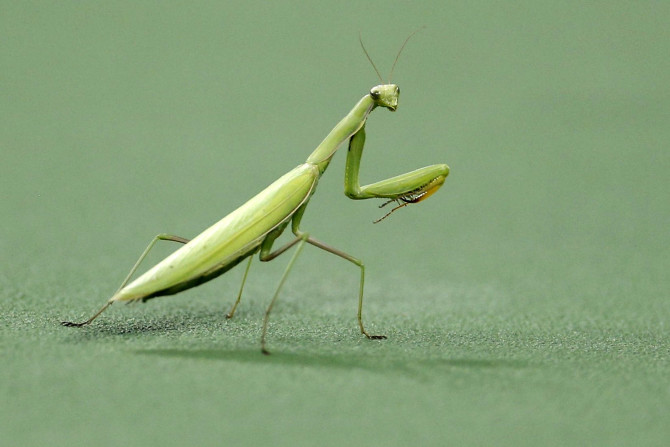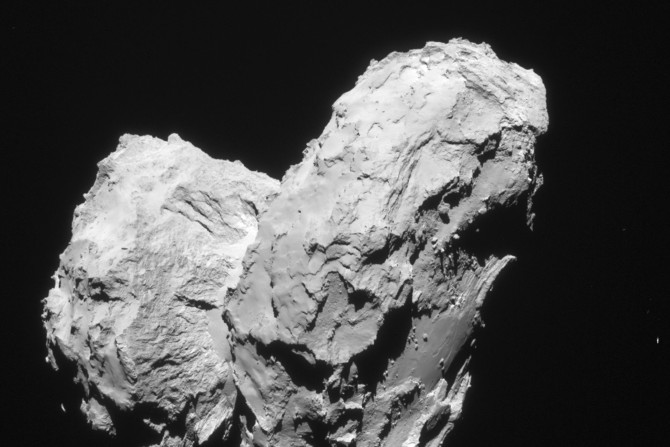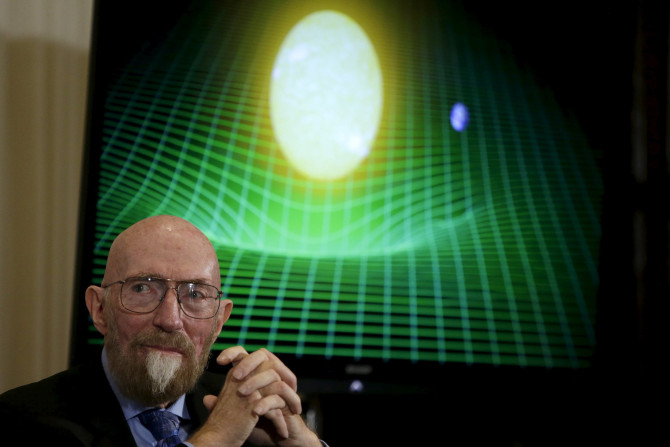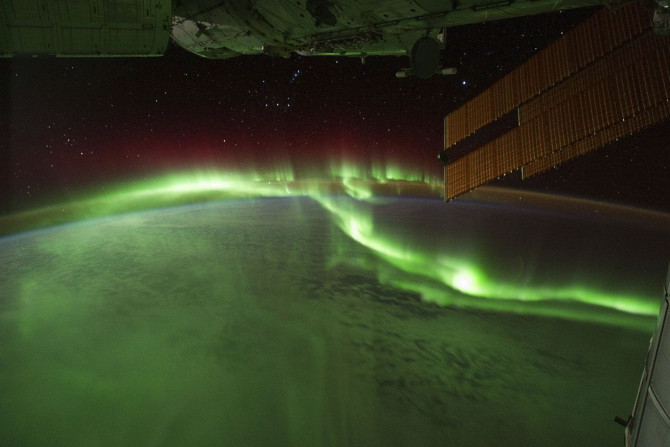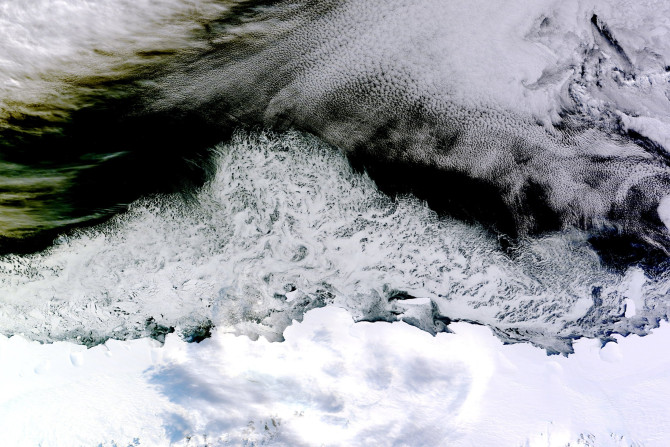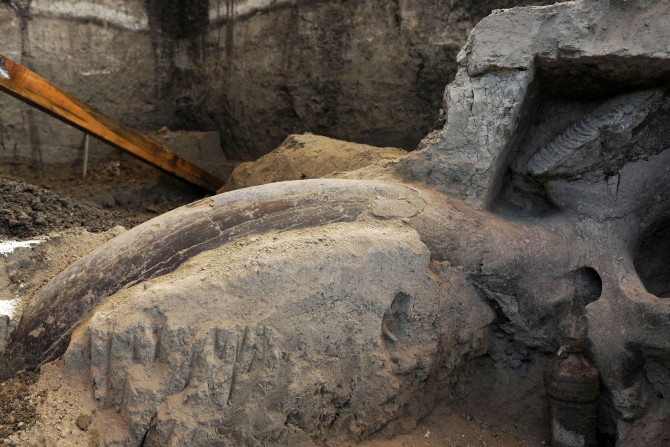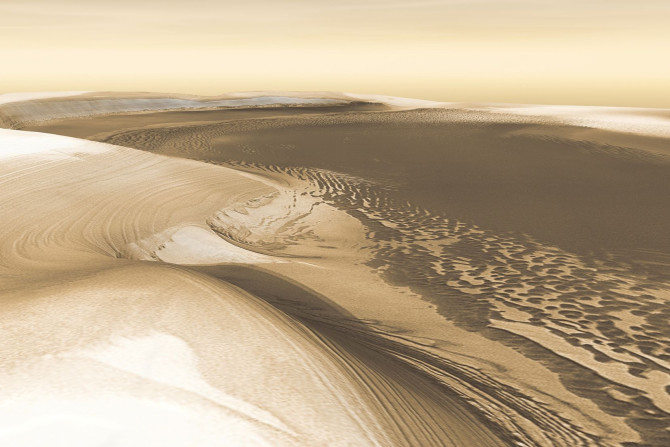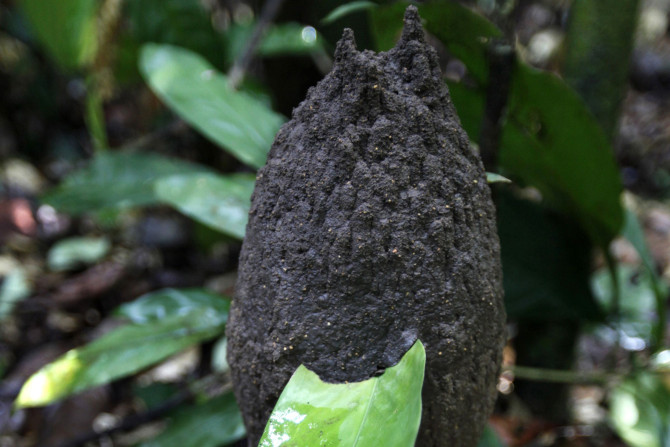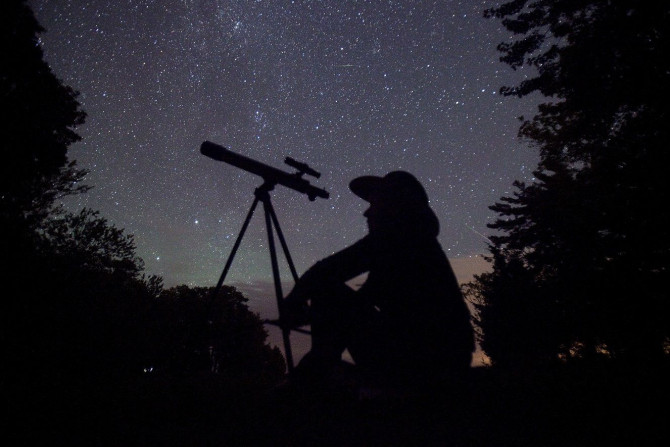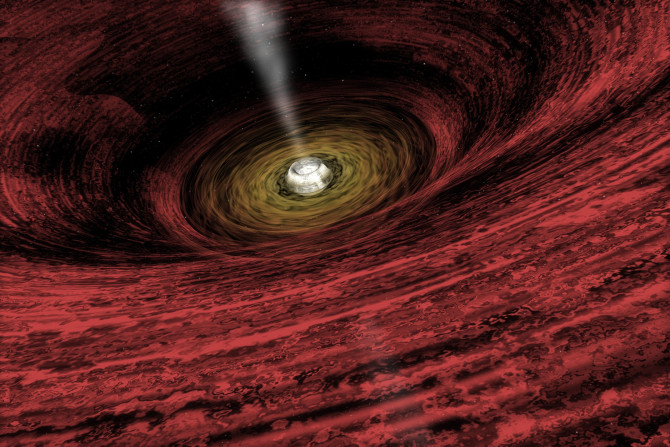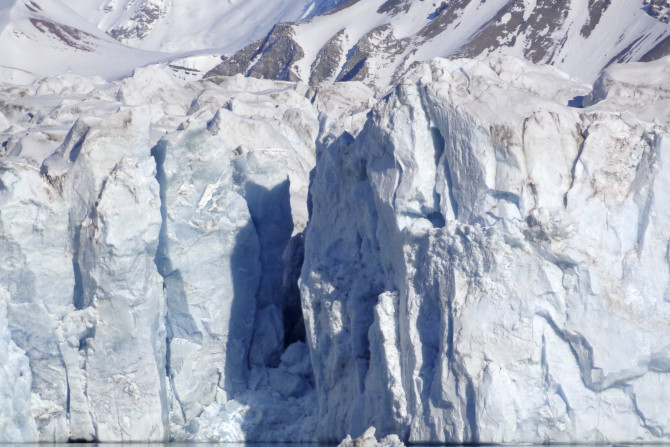In a massive landslide this week, a 4,000-foot-high mountainside collapsed in Glacier Bay National Park. It spread debris for miles across the glacier below. The collapse comes as a powerful reminder of the instable mountains in this part of Alaska.
Ritwik Roy
Jul 06, 2016
Researchers are baffled after discovering for the first time a ghostly fish that measures just 10 centimetres. It is for the first time that researchers have spotted this fish alive, more than two kilometres below the ocean’s surface.
Ritwik Roy
Jul 04, 2016
University of Western Australia (UWA) researchers have given the Shark Shield a green signal, which comes as a relief to divers and surfers after the recent spate of shark attacks in Australia.
Ritwik Roy
Jul 04, 2016
Antarctica’s Adélie penguin population is steadily declining due to rising sea surface temperatures. Climate change to bring down population further by up to 60 percent by end of this century.
Ritwik Roy
Jul 02, 2016
A new species of tarantula spider has been discovered in the Sierra Nevada desert and experts believe that the spiders have a strong taste for violence.
Ritwik Roy
Jul 02, 2016
Researchers have revealed that the ozone hole over Antarctica is finally healing almost 30 years after the world banned the chemicals that created it.
Ritwik Roy
Jul 02, 2016
Lab experiments have revealed that the chemistry of Mercury’s most ancient plains was likely forged near the planet’s core. NASA researchers said that Mercury’s surface feature originated from intense heating and crushing of rock 400 kilometres down, where the planet’s mantle meets the iron core.
Ritwik Roy
Jun 30, 2016
Tracking devices on whale sharks in Indonesia have revealed incredible mysteries about the gentle giant fish. One of the interesting finds is that whale sharks take amazing “road trips” to faraway destinations and the reason is unknown to experts.
Ritwik Roy
Jun 30, 2016
Climate experts have predicted that the Earth may be heading towards a mini Ice Age as the face of the sun has “gone blank.” Experts analysed the solar surface that is currently exhibiting a distinct lack of action. If this happens, it might be similar to the “Game of Thrones” catchphrase: “Winter is Coming.”
Ritwik Roy
Jun 29, 2016
A Norway-based exploration company, working with Durham and Oxford universities, has discovered vast reserves of the rare vital gas helium in Tanzania. The scientists believe that this massive reserve of the rare gas may rescue the world from a shortage.
Ritwik Roy
Jun 29, 2016
Archaeologists have discovered a medieval forge that dates back to about A.D. 1000 near Lake Baikal in Russia. Remote sensing at the spot revealed the presence of two underground structures that were stone furnaces for making weapons.
Ritwik Roy
Jun 29, 2016
Astronomers have found out that a mysterious source of radio waves thought to be from a different galaxy is actually a binary star system containing a black hole and a low mass star. The discovery suggests that a huge number of black holes in our Galaxy Milky Way have gone unnoticed.
Ritwik Roy
Jun 29, 2016
MIT geologists have studied part of planet Mercury’s cooling history right after it formed between 4.2-3.7 billion years ago and traced its origins to an enstatite chondrite, a rare meteorite. This kind of meteorite is extremely rare on Earth.
Ritwik Roy
Jun 29, 2016
Scientists have found that female mantises who eat their male sex partner after sex produce more eggs than those who do not. Sexual cannibalism in mantises allows the male to assign more of their biological material in female mantis’ eggs in order to make her more fertile.
Ritwik Roy
Jun 29, 2016
British researchers have developed a perfume that smells like a comet, particularly the 67P/Churyumov–Gerasimenko, on which the European Space Agency (ESA) touched down in 2014.
Ritwik Roy
Jun 28, 2016
Scientists led by Durham University's Institute for Computational Cosmology captured gravitational waves via space-based detectors, and now they believe that these waves can help identify the origins of supermassive black holes. The scientist ran massive cosmological simulations that may be used to predict the rate at which gravitational waves caused by collisions between the monster black holes might be detected.
Ritwik Roy
Jun 28, 2016
A scientist in the US, Joe Kirschvink from the California Institute of Technology, believes that he has finally found evidence of humanity’s sixth sense. He claims that humans have the ability to detect Earth’s magnetic field in a subconscious way.
Ritwik Roy
Jun 28, 2016
Scientists have discovered pieces of opal in a meteorite in Antarctica. The findings are extremely important for related studies on water and its life-forming abilities. According to a team of British researchers, the opal-studded meteorite is offering new clues as to the origins of life on Earth.
Ritwik Roy
Jun 28, 2016
New research on an ancient “Deep Skull” discovered in Southeast Asia has revealed the remains had no links to Indigenous Australians as initially thought. Moreover, the skull was that of an older woman and not a teenage boy.
Ritwik Roy
Jun 28, 2016
Scientists from The Ohio State University have been able to squeeze the last drop of shampoo out of a bottle, thanks to a bio-inspired surface they created. The surface ensures that sticky liquids such as detergent and shampoo slide cleanly out of their bottles.
Ritwik Roy
Jun 27, 2016
While installing drains near the village of Tultepec, Mexico, workers accidentally uncovered the remains of a Pleistocene-era mammoth in December 2015. Now, experts are completing work on digging up the fossilised bones of the mammoth.
Ritwik Roy
Jun 27, 2016
A team of scientists used cutting-edge satellite imagery to find out that the Chinese capital of Beijing is slowly sinking. Parts of Beijing’s central business district are descending by 11 centimetres annually. Researchers believe that excessive pumping of groundwater underneath the city is the main reason behind the slow collapse of the city.
Ritwik Roy
Jun 26, 2016
Researchers from Wageningen University in the Netherlands have revealed that cereals and vegetables they grew in “Martian” soil for two years are safe for human consumption. The Dutch researchers successfully raised peas, radishes, tomatoes and rye in soil that was made to match that of the red planet. This has provided researchers the hope of growing food on Mars. The food grown was found to contain “no dangerous levels” of heavy metals.
Ritwik Roy
Jun 26, 2016
A new study has predicted that climate change will put New Yorkers at the risk of overheating. The study has predicted thousands of heat deaths by 2080. If no steps are taken to reduce emissions and adapt to warming, as many as 3,331 people may die every year in New York alone by 2080. By that time, the number of hot days is going to triple, and that would cause heat deaths due to respiratory conditions, heart problems, dehydration and heat exhaustion.
Ritwik Roy
Jun 24, 2016
Humans didn’t even exist 25 million years ago but agriculture did and so did termites. The oldest fossil evidence of agriculture discovered by scientists is pointing towards termites and insects.
Ritwik Roy
Jun 24, 2016
The Delta Aquarid meteor shower is coming, and Australians will be able to view the celestial event after its peak in late July. Like the recent Eta Aquarid meteor shower in May, the Delta Aquarid will be most visible in the Southern Hemisphere.
Anne Lu
Jun 23, 2016
Astronomers from the University of Michigan and University of Maryland have for the first time mapped the flow of gas near a supermassive black hole, Swift J1644+57, that woke from its dormant state to destroy and devour a star that drifted close to it. The astronomers are the first to document X-rays bouncing from deep within the walls of the black hole’s newly-formed accretion disk after a tidal disruption event.
Ritwik Roy
Jun 23, 2016
A Caribbean Sea study by ocean scientists from the University of Liverpool has revealed something very interesting. They discovered an area in the ocean that behaves like a whistle amidst all the noise of the ocean. The whistle is so loud that the noise can be heard from space in the form of oscillations of the Earth's gravity field.
Ritwik Roy
Jun 23, 2016
In a study that has brought relief to scientists and conservation experts, researchers have identified genes in algae that may allow corals to survive in high ocean temperatures. The genes in algae may stop coral bleaching that has rendered most of Australia’s Great Barrier Reef lifeless.
Ritwik Roy
Jun 23, 2016
A study has revealed that fields of pink-coloured algae are forming on world’s glaciers and it is accelerating global warming. Previously, the experts thought the pink colour of the snow was caused by some chemical spill or baby seal clubbing.
Ritwik Roy
Jun 23, 2016


